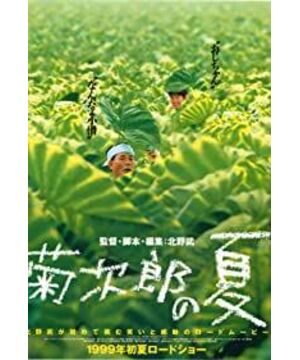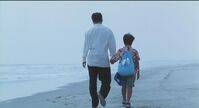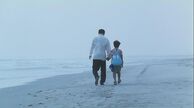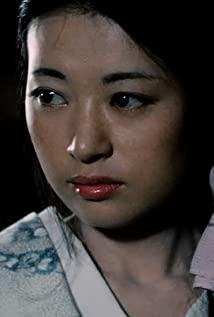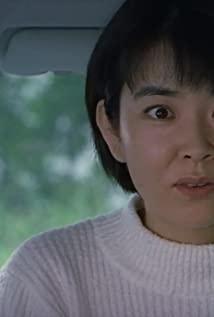Next door to Masao lived a loafing uncle-----Kiujiro, who always had nothing to do on weekdays. He has a wife who loves to fight injustice, and she decides to help Zheng Nan fulfill his wish. She gave him a sum of money as travel expenses, and let her idle husband accompany Zheng Nan on the journey to find his mother.
Although he had his wife's help, but on the first day of his mother-hunting journey, Kikujiro took Masao to the cycling arena to gamble. Kikujiro lost all his wife's money, but in desperation, Kikujiro decided to use the "free-rider" method to complete the journey. So in the long vacation of smelling the smell of grass, pedophiles appeared, aniseed fish monsters appeared, and robots that danced break-dance at the touch of a coin appeared...
There is no doubt that this is Kitano Takeshi's most tender film. What does Takeshi Kitano look like without scenes of bloody violence? In the film, Kitano Takeshi changed his previous tough guy image and turned into a dirty and funny old hooligan. If he can't beat others, he hits with stones, puts nails in the middle of the road to poke other people's tires, gets beaten at the temple fair and finally has to beg others to let him go, steals food with a male on his back, stands upside down in the swimming pool and can't turn over. , Breaking other people's car windows and then running away...... These funny scenes make people laugh, I always feel that Kitano Takeshi is really cute without a gun.
There is always a childlike air in Kitano's films. For example, several people play games on the beach in "Kitano Takeshi Sonata", and several people play games with Masao in "Kiujiro's Summer". Young men dressed in avant-garde dance on the lawn, and Takeshi Kitano is playing with oranges, and there are several big signs outside the lawn: No entry. This seems to be a metaphor, a contempt for the adult world, a rebellion against order. Adults despise children, they show them the way with their earthly eyes, they say this is order. The world is sad when people's dreams have to be subjugated to a powerful order. Also, in Takeshi Kitano's film, we see the hope of this dream flying. So we laughed when we saw the starfish monster, the aliens that were ignored, the games that adults called mental retardation. It is believed that in that summer, everyone involved in the game will feel happy. And life, isn't that what it is?
There seems to be a deep affection for Takeshi Hakita, and this movie is no exception. In his view, the sea seems to be the best pain reliever for people's pain. In "Hana", a policeman who is paralyzed after being injured by a gangster sits in a wheelchair and stares at the blue sea. In "The Summer of Kijiro", Masao finds his mother, but finds that his mother has a new family. He is disappointed to sit by the sea, and the wind like water grass blows through his moist eyes... The sea seems to be a kind of sustenance. A pain reliever for people's hearts. Listening to the gentle and uninterrupted sound of the copper bell boat on the ocean waves, it is as if someone is saying to you: "There will always be pain, and it will eventually wear off in time.
" Movies that make you laugh but want to cry. I saw a lot of warm scenes, like time is always passing, children will always grow up slowly. In the summer of that year, the sea like murmured fireworks caressing our pain. We play a game together and forget the time and the people. The name of that game is childhood.
View more about Kikujiro reviews


